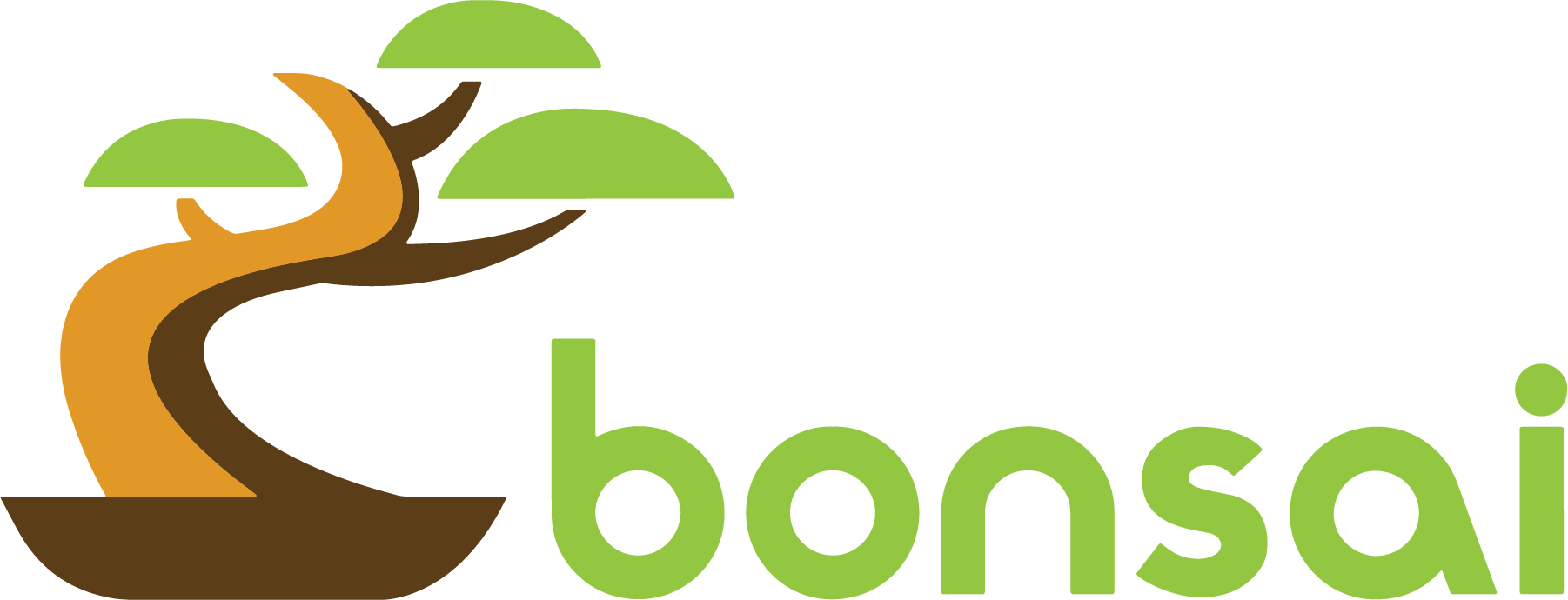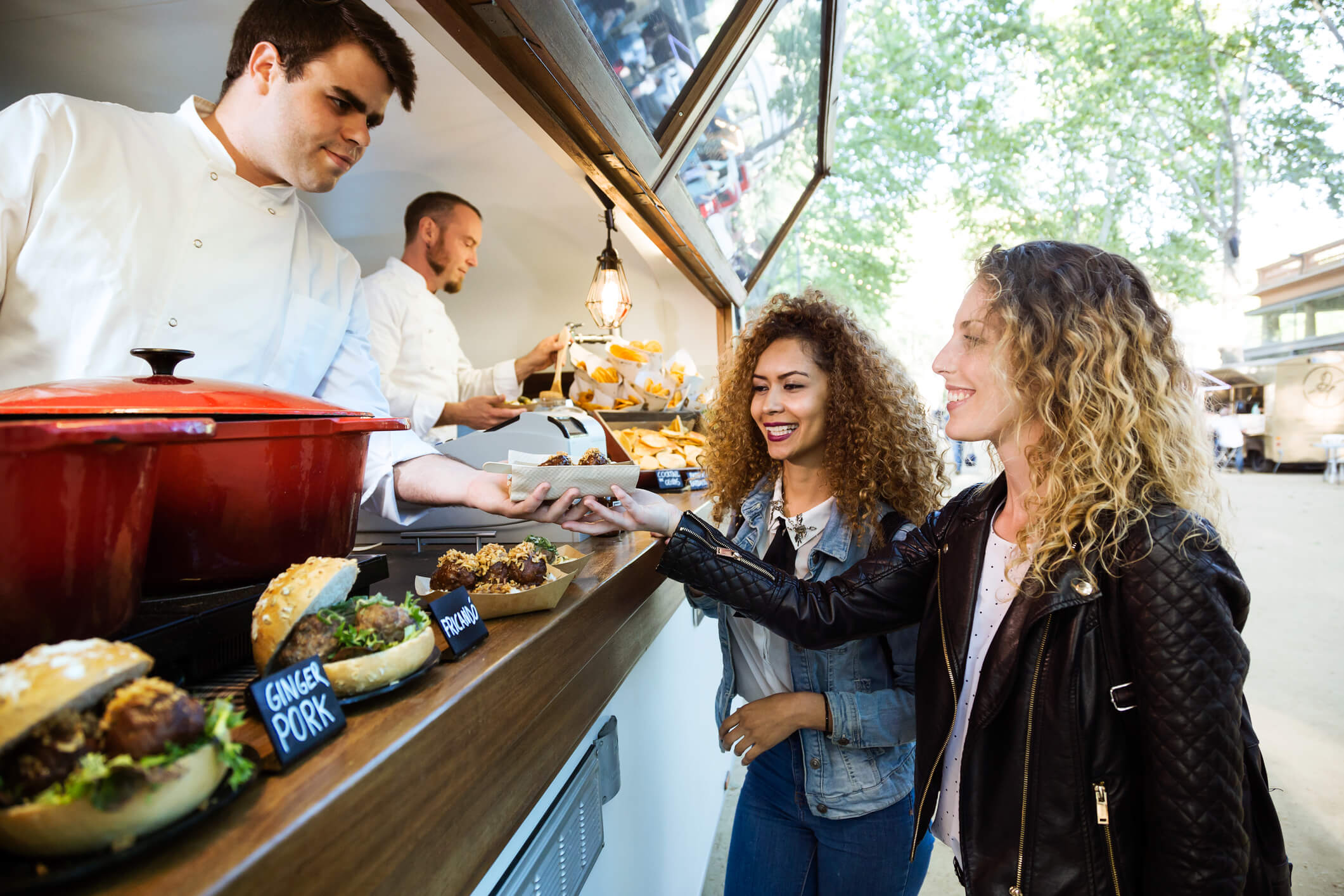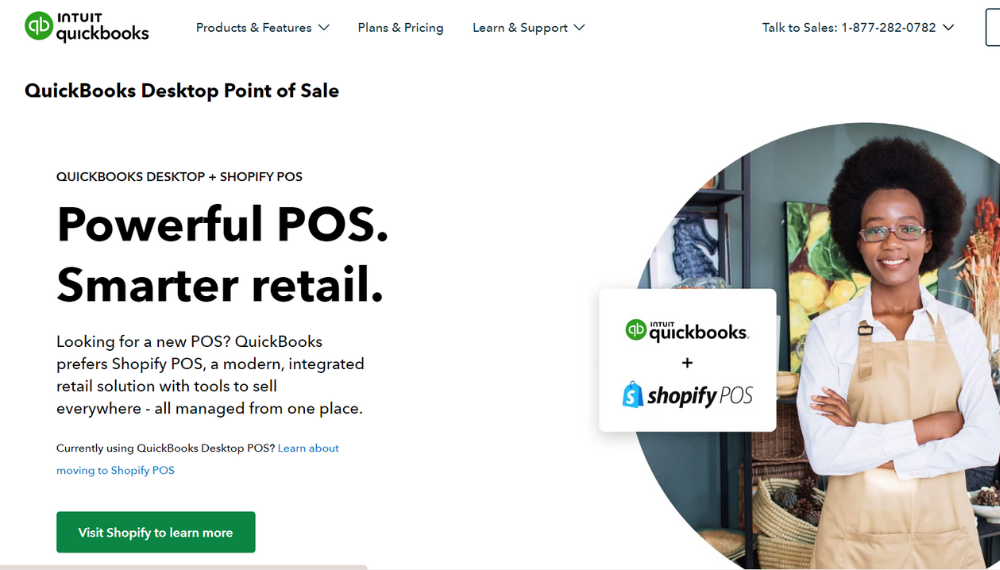The food truck business involves the operation of a mobile kitchen that offers meals and snacks to customers in various locations, such as street corners, festivals, and other public events. Food trucks offer a unique dining experience that is convenient, affordable, and accessible to people on the go.
A startup cost analysis is essential for anyone looking to start a food truck business as it helps estimate the money required to launch the business and ensure it is financially viable. By analyzing the startup costs, food truck owners can plan and budget for expenses, obtain funding, and make informed decisions about their business.
Initial Costs
Initial costs are the costs associated with starting a new venture or project. Initial costs are important to consider when evaluating the feasibility of a business venture or project and should be taken into account when creating a budget. It involves:- Truck purchase or lease: The cost of purchasing or leasing a food truck can vary depending on the truck's size, condition, and location. The price range can be from $15,000 to $100,000, and some trucks may require modifications to meet health and safety regulations.
- Permits and Licenses: Food trucks must obtain permits and licenses from local government agencies to operate legally. The cost of permits and licenses can range from $100 to $10,000, depending on the city or state.
- Insurance: Food truck owners need insurance coverage to protect themselves from liability claims and damages to their vehicles and equipment. The insurance cost can vary depending on the type of coverage required and the truck's location.
- Equipment and Supplies: Food trucks require various equipment and supplies to prepare and serve food, such as a generator, refrigerators, ovens, utensils, and food ingredients. The equipment and supplies can range from $10,000 to $50,000, depending on the type and quality of the equipment and the truck's size.
- Legal and Accounting Fees: Food truck owners may need to hire an attorney and an accountant to help with legal and financial matters, such as business registration, tax filings, and contracts. The cost of legal and accounting fees can vary depending on the complexity of the business and the level of support needed.
Operating Costs
Operating Costs refer to the expenses associated with running a business. They are essential to any business and must be closely monitored to maximize profits and stay competitive. It is important for businesses to accurately estimate and track their Operating Costs to effectively manage their finances and ensure the success of their business. This involves:- Staffing: Food truck owners need to hire staff to help with food preparation, cooking, serving, and cleaning. The cost of staffing depends on the number of employees, their salaries or wages, and any benefits or incentives provided.
- Food and Beverage Supplies: Food truck owners must purchase ingredients and supplies to prepare and serve food and beverages. The cost of food and beverage supplies depends on the type and quality of the ingredients, the menu, and the number of customers served.
- Maintenance and Repairs: Food trucks require regular maintenance and repairs to keep them in good condition and comply with safety regulations. The cost of maintenance and repairs depends on the age and condition of the truck, the type of repairs needed, and the frequency of maintenance.
- Fuel and Propane: Food trucks require fuel to operate and propane to power their equipment. The fuel and propane cost depends on the truck's location, the distance traveled, and the frequency of use.
- Marketing and Advertising: Food truck owners need to promote their business and attract customers through various marketing and advertising channels. The cost of marketing and advertising depends on the type of promotion, such as social media, flyers, or sponsorships, and the target audience.
Ongoing Expenses
Ongoing expenses are the costs that are typically incurred regularly. To keep their financials in order, ongoing expenses are typically budgeted for and tracked by individuals, households, and businesses alike. Knowing and controlling your ongoing expenses can be a great way to ensure you stay within your budget and avoid financial surprises. It involves:- Rent and Utilities: Food truck owners need to pay rent or lease fees for the parking or storage of their trucks and utilities such as electricity, water, and gas. The cost of rent and utilities depends on the truck's location, the rental agreement, and the seasonality of the business.
- Inventory Management: Food truck owners need to manage their inventory to ensure they have enough supplies to meet customer demand and avoid waste. The cost of inventory management depends on the type of inventory management system used and the frequency of inventory checks.
- Point-of-Sale Systems: Food truck owners must use a point-of-sale (POS) system to process transactions, track sales, and manage inventory. The cost of a POS system depends on the features, the type of hardware and software used, and any monthly fees or transaction fees.
BonsaiPOS
BonsaiPOS is a cloud-based POS system that is becoming increasingly popular among small and medium-sized businesses. It offers numerous features that enable them to effectively manage their operations, such as tracking customer data, monitoring sales, and making more informed decisions. Businesses that utilize BonsaiPOS are able to take their operations to the next level, making it an invaluable asset for convenience stores. It offers various POS Options:- Bonsa Pro Station (without Scanner), standard with Pax ABO
- Bonsa Pro Station (without Scanner), Upgraded with Pax A920 Pro
- Bonsa Pro Station (with Scanner), standard with Pax ABO
- Bonsa Pro Station (with Scanner), Upgraded with Pax A920 Pro
- Bonsai Lite Station
Key features of BonsaiPOS
Here are some of the reasons why BonsaiPOS is an attractive option for any stores owner:- BonsaiPOS is specifically designed to be versatile and accommodating, allowing it to be used with a selection of devices, such as:
- iPad 10th Generation
- Click iPad Stand
- Pax ABO
- Pax A920 Pro
- MC-Print3 Bluetooth Printer
- Cash Drawer
- Star Micronics Barcode Scanners
- Track sales and inventory in real-time with BonsaiPOS
- Access various reports to analyze sales data and make informed decisions
- Create customer profiles, track purchase history, and offer loyalty rewards
- Send targeted marketing campaigns based on purchase history and preferences
- Affordable option for small and medium-sized businesses
- Offered on a subscription basis, with various plans
- Intuitive design allows for instant us
Estimating Total Costs
Estimating total costs is an integral part of any project planning. It involves setting a target cost for the project and then calculating the associated costs that make up that total. Estimating total costs is a crucial step in the project planning process, as it gives you the financial framework to enable you to determine the most cost-efficient way of completing the project. This involves:- Examples from Resources: According to the resource links, the estimated startup cost for a food truck can range from $20,000 to $200,000, depending on the size, location, and type of cuisine. The estimated ongoing expenses can range from $1,500 to $10,000 per month, depending on the operating costs and revenue.
- Factors Affecting Total Costs: The total costs of a food truck business can be affected by various factors, such as the location, the size of the truck, the menu, the number of employees, the type of equipment and supplies, and the seasonality of the business. Other factors affecting costs include local regulations, taxes, and competition.
- Importance of Budgeting and Financial Planning: Budgeting and financial planning are critical for food truck owners to manage their costs and revenue and ensure the financial sustainability of their business. By estimating their total costs and ongoing expenses and creating a budget and financial plan, food truck owners can make informed decisions about pricing, menu, staffing, and other aspects of their business. They can also track their expenses and revenue and adjust their budget and financial plan to maximize their profitability and growth.





